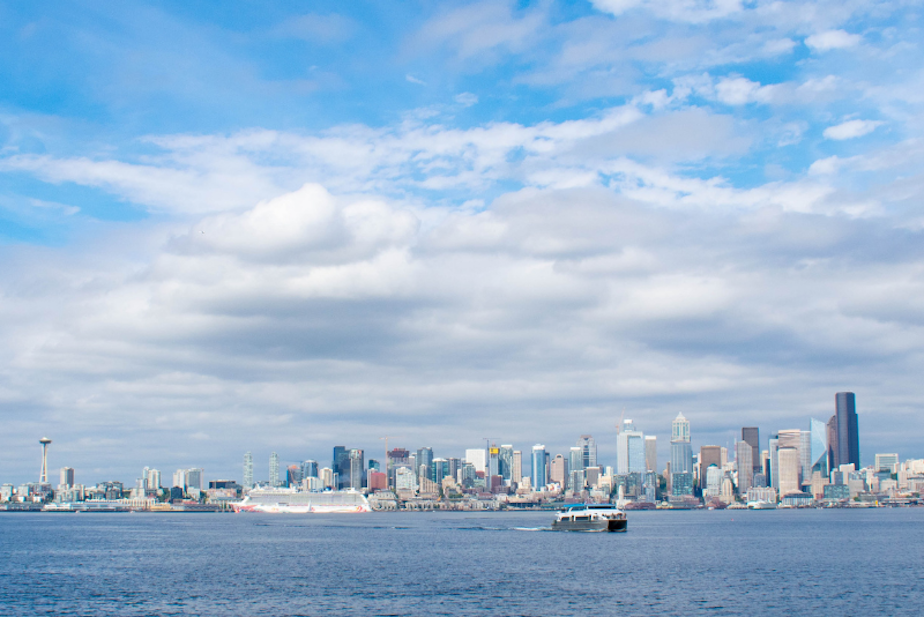A wet, cold June doesn't mean a cooler PNW summer

Washington will experience it's first heat wave this weekend.
It's nearly exactly one year since the heat dome cooked the state and recorded 108 degrees at Sea-Tac airport.
Records won't be broken this weekend, but Western Washington will be in the 90s. Eastern Washington may peak into triple digits.
As the state gets ready for its first heat event, Washington state climatologist Nick Bond says people need to be vigilant — the first heat wave often has disproportionate effects.
"People aren't adapted to it," Bond said. "People around water should be carful, the water is still cold."
The cold water can shock a swimmer's body and lead to drowning.
The region experienced a mostly wet and cold beginning of summer. Bond says the "highly unusual" weather was likely a delayed reaction to the La Niña in the Tropical Pacific. Bond adds its hard to determine the exact cause of the unusual weather and he "would be astonished if that's the whole story."
Bond says the low temperatures and slow start to summer was good for forests and the rain helped grass and brush grow. But later this summer that same overgrown grass and brush could dry out and feed wildfires. Bond said wildfire risk at the moment is low, but it will increase as the summer goes on. He is hopeful that the Northwest will not have large wind events that can aggravate wildfires.
Bond says, due to the recent rain, Washington is "looking better" compared to the rest of the West Coast on the drought scale. He says this year's weather could be a "fluke."
Weather patterns seen in past decades don't match up. Just over the past two years, Eastern Washington has seen about 70 percent less rain than normal. Less summer rain could be "a little taste of what we're going to see in the future," Bond explained.
"Certainly the climate models are showing drier summers and wetter winters," he said. "We need to get use to the idea that our summers are going to get drier."
A colder beginning to the summer doesn't mean the climate isn't changing, Bond said. It also doesn't mean we will have a cooler summer.
Bond said he expects a summer full of great Pacific Northwest weather, despite a wet start.






